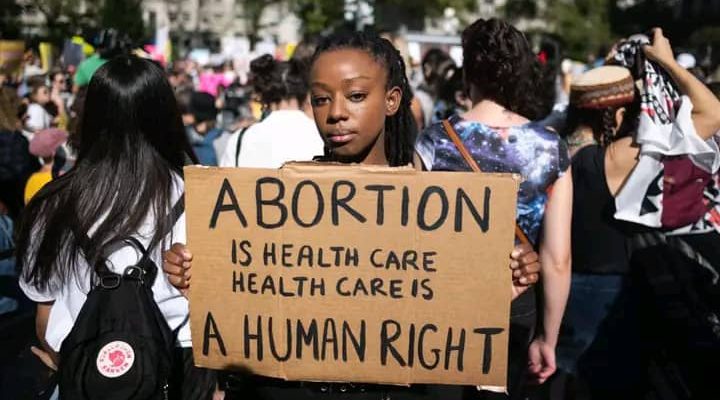
In Malawi, a conservative and deeply religious nation, abortion remains a taboo topic. However, the harsh reality is that restrictive laws disproportionately affect the most vulnerable populations, widening the gap between the rich and the poor.
Wealthy suburbs stand in stark contrast to impoverished villages, with girls living mere miles apart experiencing vastly different realities. Poverty forces families to prioritize educating sons over daughters, leaving young women with limited opportunities and autonomy.
A local young woman, Lonjezo, faced an unplanned pregnancy and couldn’t afford a safe abortion. She considered risky alternatives, including visiting a local herbalist, until her employer-provided financial support for safe care. This underscores the glaring inequality in access to safe abortion in Malawi.
Those with means can access discreet services despite legal restrictions, while others are left with no choices. International Safe Abortion Day, observed on September 28, serves as a global call to action, demanding universal access to safe and legal abortion as essential healthcare and a human right.
As Margaret Sanger once said, “No woman can call herself free who does not control her own body.” Local organizations are pushing for policy reforms to address the gap in access to safe abortion services.
The advocate’s question remains: Is it fair for some women to control their bodies while others have no choices? This disparity highlights the need for urgent reform to ensure all women have access to safe and legal abortion services.














